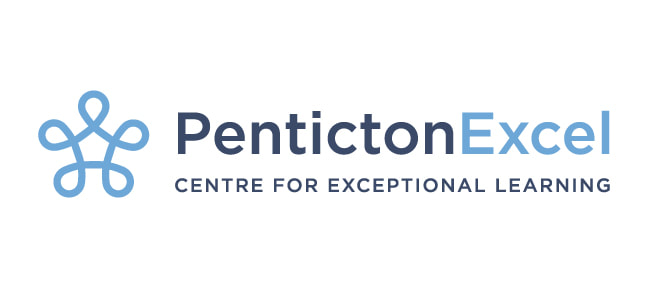adaptive skills are defined as practical, everyday skills needed to function and meet the demands of one's environment. These skills are necessary to care for oneself effectively and independently and interact with others.
executive-function skills underlie the capacity to plan and meet goals, display self-control, follow multiple-step directions even when interrupted, and stay focused despite distractions.
emotional-regulation skills are generally used to describe a person's ability to manage and respond to an emotional experience effectively. People unconsciously use emotion regulation strategies to cope with difficult situations many times throughout the day.
low-ratio instruction - in a classroom with low student-to-teacher ratios, teachers can tailor the lesson to each individual child on their level. More one-on-one time
A multidisciplinary team is a group of professionals from different disciplines and agencies, each providing different services to the client.
neuro-affirming means that you believe in a strengths and rights-based approach to developmental differences and aim to provide support and adaptations that affirm the child's neurodivergent identity. This is rather than thinking that we need to fix a child or cure them of their neurotype.
neurodivergence "Neurodiversity" is a term coined in the 1990's by Judy Singer, an autistic Australian Sociologist. “Neurodiversity” describes a unique way that brains work. While everyone's brain develops similarly, no two brains function the same. Being neurodivergent means having a brain that works differently from the average or “neurotypical” person.
social-competency skills consist of social, emotional, cognitive, and behavioural skills needed for successful social adaptation. Social competence also reflects having the ability to take another's perspective concerning a situation, learn from past experiences, and apply that learning to the changes in social interactions.
trauma-informed is the practice of a strengths-based framework grounded in an understanding of and responsiveness to the impact of trauma.
executive-function skills underlie the capacity to plan and meet goals, display self-control, follow multiple-step directions even when interrupted, and stay focused despite distractions.
emotional-regulation skills are generally used to describe a person's ability to manage and respond to an emotional experience effectively. People unconsciously use emotion regulation strategies to cope with difficult situations many times throughout the day.
low-ratio instruction - in a classroom with low student-to-teacher ratios, teachers can tailor the lesson to each individual child on their level. More one-on-one time
A multidisciplinary team is a group of professionals from different disciplines and agencies, each providing different services to the client.
neuro-affirming means that you believe in a strengths and rights-based approach to developmental differences and aim to provide support and adaptations that affirm the child's neurodivergent identity. This is rather than thinking that we need to fix a child or cure them of their neurotype.
neurodivergence "Neurodiversity" is a term coined in the 1990's by Judy Singer, an autistic Australian Sociologist. “Neurodiversity” describes a unique way that brains work. While everyone's brain develops similarly, no two brains function the same. Being neurodivergent means having a brain that works differently from the average or “neurotypical” person.
social-competency skills consist of social, emotional, cognitive, and behavioural skills needed for successful social adaptation. Social competence also reflects having the ability to take another's perspective concerning a situation, learn from past experiences, and apply that learning to the changes in social interactions.
trauma-informed is the practice of a strengths-based framework grounded in an understanding of and responsiveness to the impact of trauma.
|
Penticton Excel Operated by The Penticton Centre for Exceptional Learning Society Unit 120-3547 Skaha Lake Road, Penticton British Columbia V2A 7K2 Phone: 236-422-0207 Email: [email protected] |

